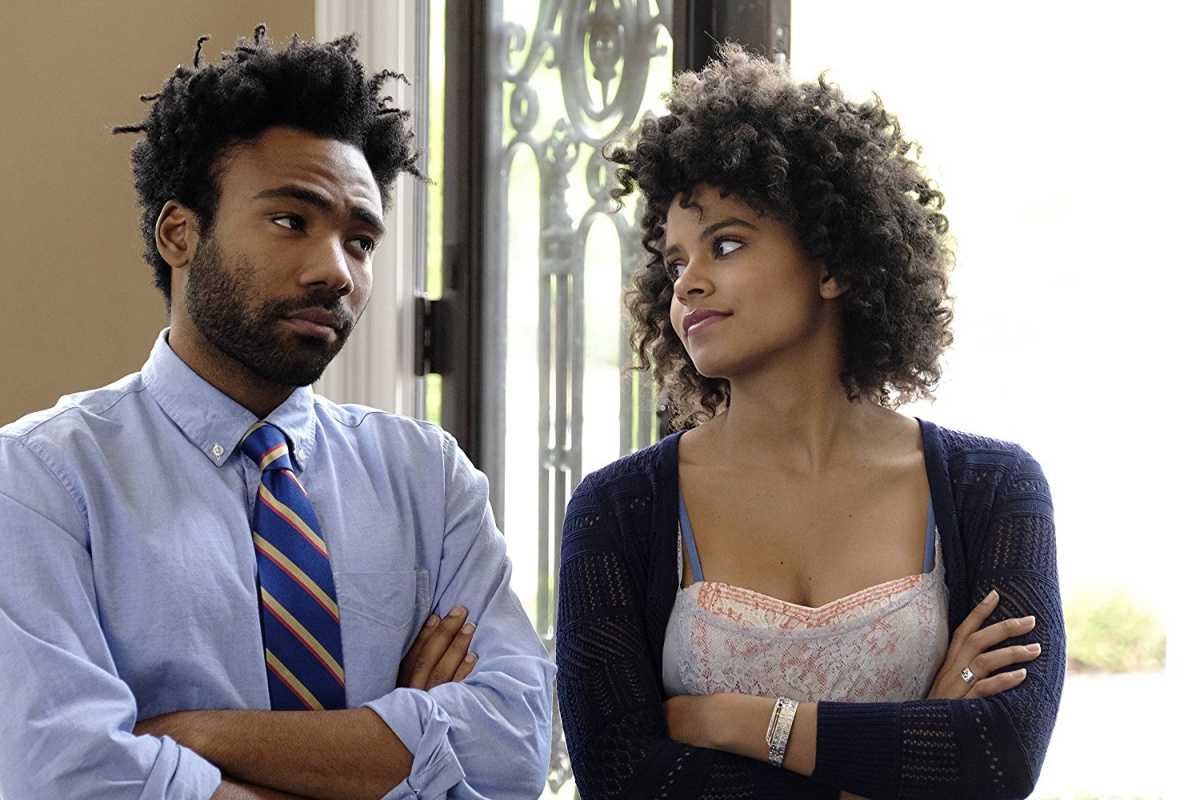How Black Television Taught Me About Juneteenth


June 19th, also known as Juneteenth, is the holiday that marks the official end of slavery in America. I first learned about it on October 3rd, 2017. That’s when black-ish did an episode about it.
Juneteenth celebrates the day that slavery was officially abolished in Texas: June 19, 1865, which was two years after the emancipation proclamation and months after the Civil War’s end, because Texas farmers were not giving up their free labor right before harvest season. Capitalism!
Juneteenth was then initially celebrated by free Texas blacks, but eventually spread to other black Americans. It became an official holiday in Texas in 1979. 42 states and Washington, DC recognize the holiday, but it still does not have the widespread knowledge of other holidays. Black television is slowly changing that.
Just like how years ago The Proud Family helped teach me about Kwanza, the black media of today is teaching everyone about Juneteenth and what a repass is.
Yet it also highlights how incomplete we are as a country that despite the fact that we live amongst so many cultures, and have for generations, it takes having social media and television to really get these holidays portrayed well outside of the news. It is sad and ridiculous that after growing up in a majority black area and living in a place as diverse as New York City, my only recollection of knowing what Juneteenth came a year ago.
In the black-ish episode, Dre laments that the holiday is “a 150-year-old tradition that no one’s heard about, not even my black kids.”
Because of how vast the African Dyaspora (or diaspora) is, many of us, while bound in many ways by the remnants of colonization and the remnants of white supremacy, the “black experience” varies greatly. It depends on where you were born, where your parents were born, and where you grew up. Having been raised in Brooklyn by two West Indian immigrant parents, and in a neighboorhood that was mostly first-generation black, I had no idea what Juneteenth was. I wasn’t brought up in the “black church.” And we didn’t celebrate Kwanza. Our holidays and traditions were different.
Now that we have black shows, written and staring black people that are less concerned with assimilation to ideal and more about telling their own stories, there is more room to learn about each other’s cultures in new ways. I think we all sometimes fall into traps of viewing cultures and countries in a monolith—even though we should know better (this author included), and the advent of having people of color telling their own stories will be the thing that helps change that mold.
Before the black-ish episode, there was Atlanta‘s episode “Juneteenth,” which came out a year before black-ish and while it was not an educational episode, it still worked to normalize the idea that we can do episodes like this on different holidays. Fresh off the Boat‘s Chinese New Year episode was the first time I’d ever seen the holiday treated in such a normalized way on American television.
Even just watching the newest season of Luke Cage for review and seeing Jamaican culture treated in such a respectful way made me emotional, because there are only so many bad accents and men in Rasta beenies you can watch. Bushmaster even dressed like a Jamaican and it made me smile because I could see that someone cared about doing it right.
So when I watch entertainment made by African-Americans whose culture is steeped in the black American experience of cattle slavery, it is both uplifting and teaching. Uplifting, because we share in the history of slavery, although in different parts of the Americas, and whenever I see a black person succeed, regardless of what they come in the Dyaspora, it feels good. Teaching, because there is still a lot we often don’t know about each other. Geography shapes culture, regardless of race, and so when I hear about traditions of black Baptists in the South, it is a new black experience for me that I’m learning about my people.
And if I’m learning, that means other people are too.
(image: FX)
Want more stories like this? Become a subscriber and support the site!
—The Mary Sue has a strict comment policy that forbids, but is not limited to, personal insults toward anyone, hate speech, and trolling.—
Have a tip we should know? [email protected]
